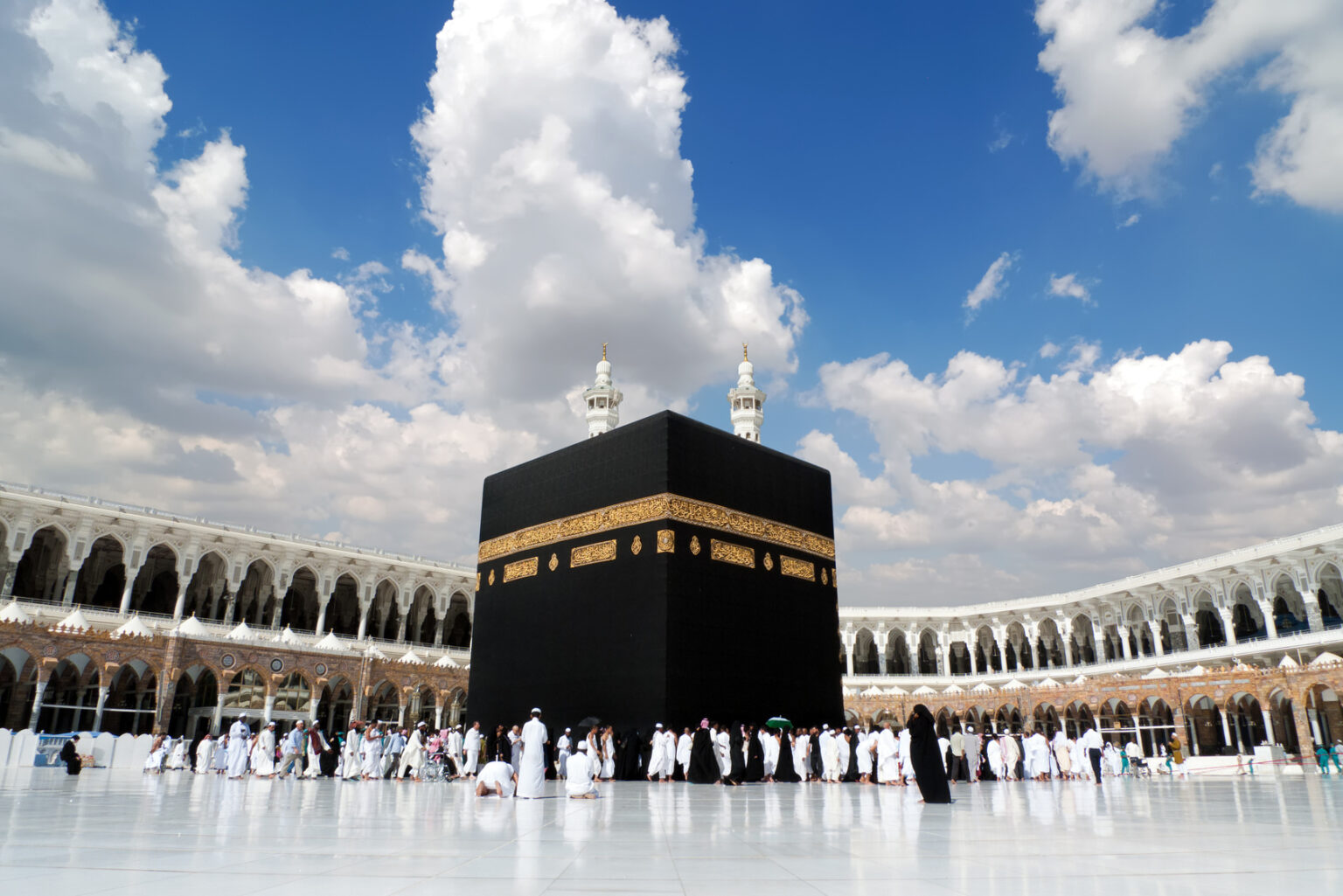Mecca, June 18, 2024
The annual Muslim pilgrimage to Mecca, known as the Hajj, has been marred by tragedy this year as hundreds of pilgrims have died amid scorching heat, according to press reports and foreign ministries. With temperatures soaring to unprecedented levels, the extreme conditions have resulted in a significant loss of life and raised urgent questions about the impact of climate change on religious observances.
Rising Toll and Heat-Related Deaths
Diplomatic sources reported to Agence France Presse (AFP) that at least 550 pilgrims have died during the Hajj. Among the deceased, 323 were Egyptians, most succumbing to heat-related illnesses. According to Saudi state TV, the intense heat wave that swept through Mecca saw temperatures reach as high as 51.8 degrees Celsius (125.2 Fahrenheit) in the shade at the Grand Mosque.
Despite these alarming figures, Reuters has not been able to verify the numbers independently. Historically, the Hajj has seen casualties due to stampedes, tent fires, and other accidents, but this year’s fatalities are predominantly attributed to the extreme heat.
Nation-Specific Impacts
The toll has been felt across multiple countries. Tunisia’s news agency, Tunis Afrique Presse, reported that 35 Tunisian pilgrims had died, with families attributing most of these deaths to the severe heat. Social media has been flooded with pleas from families searching for missing relatives in Saudi hospitals.
The Jordanian foreign ministry confirmed it had issued 41 burial permits for Jordanian pilgrims, with at least six deaths directly linked to heat stroke. Iran’s state news outlet IRINN reported 11 deaths and 24 hospitalisations among its citizens, although specific causes were not disclosed. Senegal and Indonesia also reported fatalities, with three Senegalese and 144 Indonesian pilgrims dead, although the latter did not specify if heat was the cause.
Health and Safety Measures taken at Mecca
Saudi health officials have responded to the crisis, treating over 2,700 pilgrims for heat-related illnesses. Despite the dire situation, a Saudi health official, speaking to Reuters before many of the death reports surfaced, claimed there were no unusual fatalities among the pilgrims. Authorities have been advising pilgrims to stay hydrated, use umbrellas for shade, and avoid outdoor activities during peak heat hours from 11 a.m. to 3 p.m.
“Hajj is a difficult task, so you have to exert efforts and perform the rituals even in the conditions of heat and crowding,” an Egyptian pilgrim told Reuters, reflecting the physical and spiritual demands of the pilgrimage.
Climate Change Concerns
The extreme temperatures experienced this year highlight the growing impact of climate change on the Hajj. A 2024 study by the Journal of Travel and Medicine warned that rising global temperatures might outpace existing strategies to manage heat during mass gatherings like the Hajj. Similarly, a 2019 study by Geophysical Research Letters noted that increasing temperatures in arid regions like Saudi Arabia pose “extreme danger” to pilgrims.
These findings underscore the urgent need for enhanced safety measures and infrastructure improvements to protect pilgrims from the escalating effects of climate change. The Saudi authorities have been working on improving facilities and services for pilgrims, but the unprecedented heat this year suggests that more robust and adaptive measures are necessary.
The Pilgrimage Amid Extreme Conditions
The Hajj, one of the largest mass gatherings in the world, is a once-in-a-lifetime duty for able-bodied Muslims who can afford it. This year, over 1.8 million pilgrims were expected to participate, according to the Saudi General Authority for Statistics. Despite the heat, the rituals continued, with pilgrims performing their religious duties with determination and resilience.
Looking Ahead
As the Hajj concludes on Wednesday, the tragic deaths have cast a sombre shadow over the spiritual journey. The international community, along with Saudi authorities, faces the challenge of addressing the immediate needs of affected families and implementing long-term strategies to ensure the safety of future pilgrims.
The 2024 Hajj serves as a stark reminder of the vulnerabilities posed by climate change, not just in everyday life but in the context of deeply held religious traditions. The devastating loss of life calls for a concerted global effort to mitigate the impacts of extreme weather and protect those undertaking this sacred pilgrimage.
